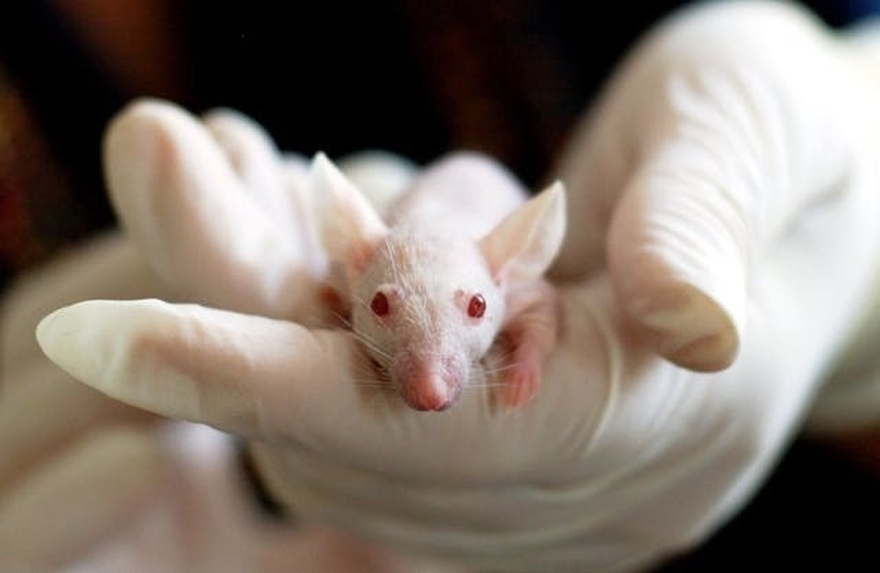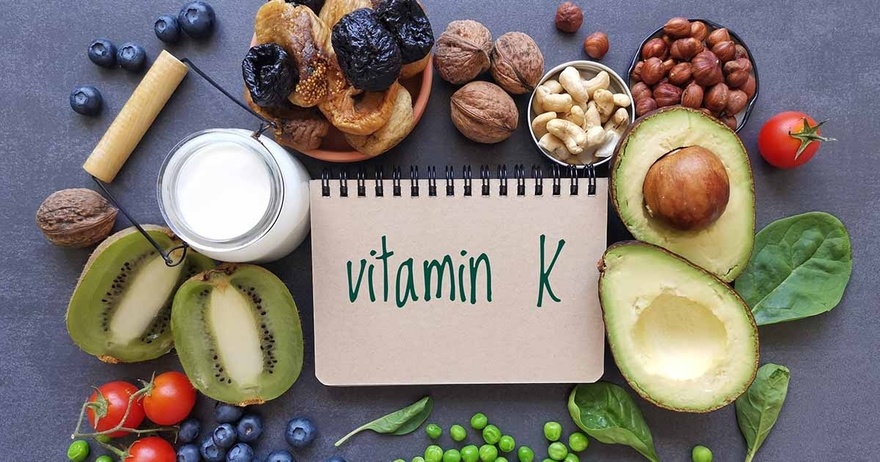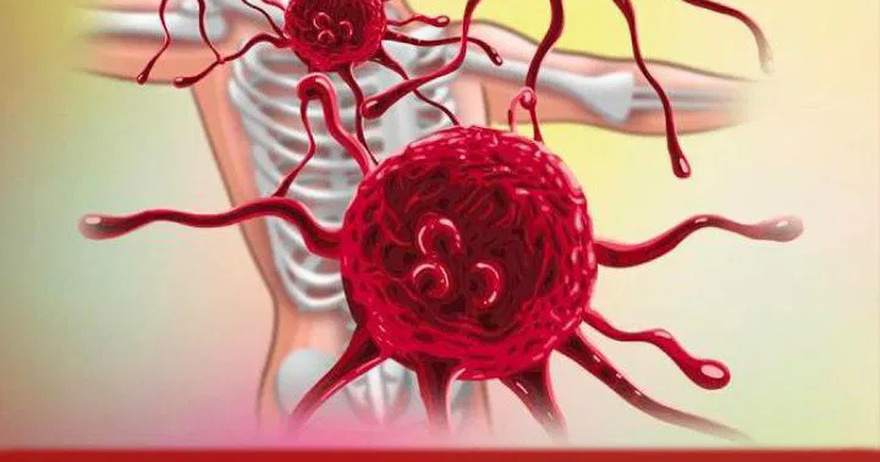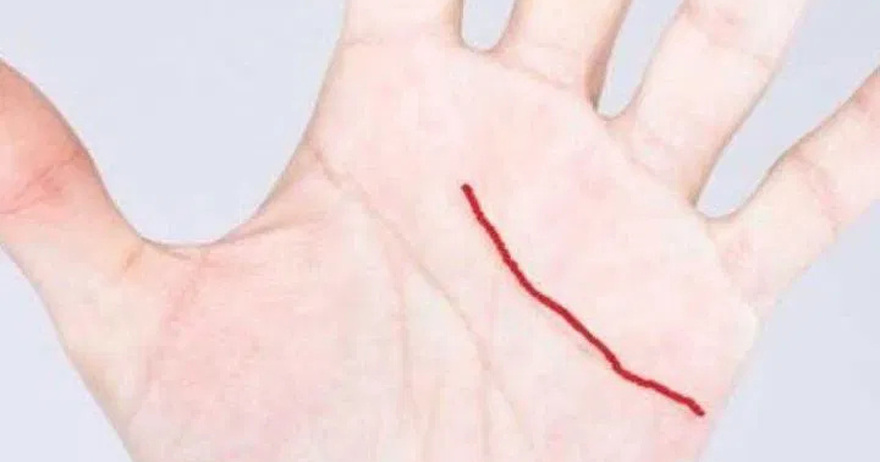According to the American Cancer Society, prostate cancer is the second-leading cause of cancer-related death in males in the United States, behind only lung cancer. Around 1 out of every 8 men will be diagnosed with prostate cancer at some point in their lives. In most cases, it is treatable, yet there are some cases where all known therapies are met with resistance and things take a turn for the worse. However, a new study involving mouse models revealed that a precursor to vitamin K can potentially slow prostate cancer growth.
Groundbreaking Study on Vitamin K and Cancer

A recent discovery at Cold Spring Harbor Laboratory potentially offers a novel solution to the prostate cancer issue. Professor Lloyd Trotman and his team have discovered that the pro-oxidant supplement menadione reduces the development of prostate cancer in studies involving mice. Menadione is found in leafy greens and is a precursor to vitamin K. While this study itself is new, it is the result of another study that took place at the beginning of this century.
Vitamin E Studies

A trial conducted by the National Cancer Institute in 2001 attempted to establish whether an antioxidant vitamin E supplement could effectively cure or help prevent prostate cancer from developing. This trial was meant to last for 12 years and involved 35,000 men. However, the men were told to stop taking the vitamin E supplements only three years into the trial. This is because not only has the supplement not slowed down or prevented the development of prostate cancer, but actually resulted in more men getting the disease!
The New Study Involving Mice

After Professor Lloyd Trotman saw the results of the vitamin E study, he started to wonder if a pro-oxidant would work, seeing that an anti-oxidant had failed. His new study involving mice revealed that his hunch was indeed correct. When mice afflicted with prostate cancer received menadione, it disrupted the cancer’s survival processes. The researchers found that menadione destroyed prostate cancer cells by eliminating a lipid called PI(3)P.
Hopes That The Results Will Translate to Human Studies

The team hopes to see the results replicated in pilot research in human patients with prostate cancer. According to Trotman, “Our target group would be men who get biopsies and have an early form of the disease diagnosed. We wonder if they start to take the supplement, whether we would be able to slow that disease down.” An unexpected benefit of menadione administration is that it has also been shown to be effective against myotubular myopathy. This rare condition inhibits muscle growth in baby boys. Those who are diagnosed with this disease rarely survive past their early childhood. The researchers discovered that using menadione to deplete the PI(3)P doubled the lifespan of mice suffering from myotubular myopathy.
The Bottom Line on Vitamin K and Prostate Cancer Prevention

While studies with mice have proven successful, we are yet to see if these results translate to human subjects too. If so, it could change the lives of millions of men who are diagnosed with prostate cancer every year. This would mean a better quality of life for men who had previously had to suffer from this horrible condition. So far, this precursor to vitamin K is showing promising results and offering a brighter future for many.






























